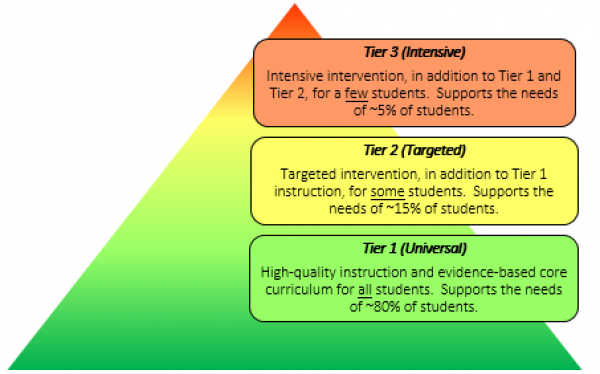https://www.hollyclark.org/2020/10/13/how-to-use-jamboard-10-ideas-to-get-you-jammin/
Friday, October 30, 2020
October 30, 2020
Friday, October 23, 2020
October 24, 2020
No matter how many times a student tells you they don’t care about school or whether they succeed, remember that no child wants to be a failure. Some will try and convince you otherwise, but it is in those moments that they need you most. Believe in all kids and believe in your own ability to influence them.
Some feedback from student leader meeting:
Students still struggle asking for help even with open office hours
Knowing which students are struggling reach out to them and make an appointment with them during office hours instead of waiting for them to make an appointment- this was a suggestion from a student
Students feel overwhelmed with too much busy work
Make sure you are giving a 2 to 3 minute break to get water or stretch, even for our upper grade students
Send feedback surveys to students and see what they have to say
Some helpful distance learning platforms. Thank you Colleen
Distance Learning Toolbelt PPT
Dress Up Days next week - send me pics so I can put them on Instagram
Friday, October 16, 2020
October 16, 2020
NO EXCUSES UNIVERSITY – INTERVENTIONS
Friday, October 9, 2020
October 8, 2020
Please take a deep breath and be okay with the fact that you are NOT going to cover the same amount of material or projects or assignments that you would in a normal year. We are NOT in a normal year!
That being said, TRULY take a look at what you are assigning and whether it is TRULY needed/effective/important/meaningful. There is no need to have so many assignments given. There is no prize for the teacher who assigns the most! Let's not stress our students out! Keep in mind if a student has mastered a concept and our report cards are standards based should their grade go down because they didn't finish the assignments????
NO EXCUSES UNIVERSITY – DATA ANALYSIS
Friday, October 2, 2020
October 2, 2020
Did you write the most amazing lesson? Have the cutest bitmoji classroom? You worked hard and planned every second but you have students not turning in assignments, not showing up to class? This is frustrating but there is a way - build relationships to where they want to attend your class, they want to turn in the assignment because they have built a relationship with you- they don't want to let you down. Here is a great podcast to get some ideas during distance learning: PODCAST I know it is frustrating and YOU are exhausted but these extra steps will pay off so you see more students and more students completing work :) Now more than ever they need us!
Read this Anti-Racist Grading article. Below is some information from it.
If the ultimate goal is more equitable grading, where can teachers start?
If I were to give teachers a starter kit, it would be to examine the ideologies that you bring into classrooms—the bad code, to repeat the computer metaphor. Three particularly pernicious ideologies show up in grading. The first is the ideology of should know. There's this false belief that if a 2nd grader walked into my classroom, there are certain things she should know. Rather, it's our job as teachers to discern what students do know and then move them forward.
The second thing I would eliminate is the ideology of transactional gratitude. In most academic spaces, there is a silent pact that teachers make with students: I will agree to teach you well if you demonstrate to me that you are thankful for it. And if you do not demonstrate to me that you are thankful for it, I will withhold quality teaching from you. A teacher will be in the lounge and say something like, "You know, I've done everything to make sure that McKibben kid understands how to add. But all she does is yell. She's not thankful. So I'm not doing it no more." Or, "Can you believe I stayed after school for two hours to help Sarah with her essay and she still didn't turn it in? That kid can forget about it from me." We expect students to show up with gratitude because we do our jobs.
The third is the ideology of deservedness. Even though grading is about proficiency, it often gets conflated with behavior. You can have a student who is proficient at calculus, but if the teacher doesn't like the fact that they are consistently late to class, that kid gets marked down. Again, there's an unspoken pact teachers have with their children: I will agree to teach you well if you demonstrate to me that you deserve it.
If teachers start by examining—and eliminating—those three ideologies, then the grading that will come out on the other end of the system will be far better for children.
NO EXCUSES UNIVERSITY
Observable Fish Moments at SV:












